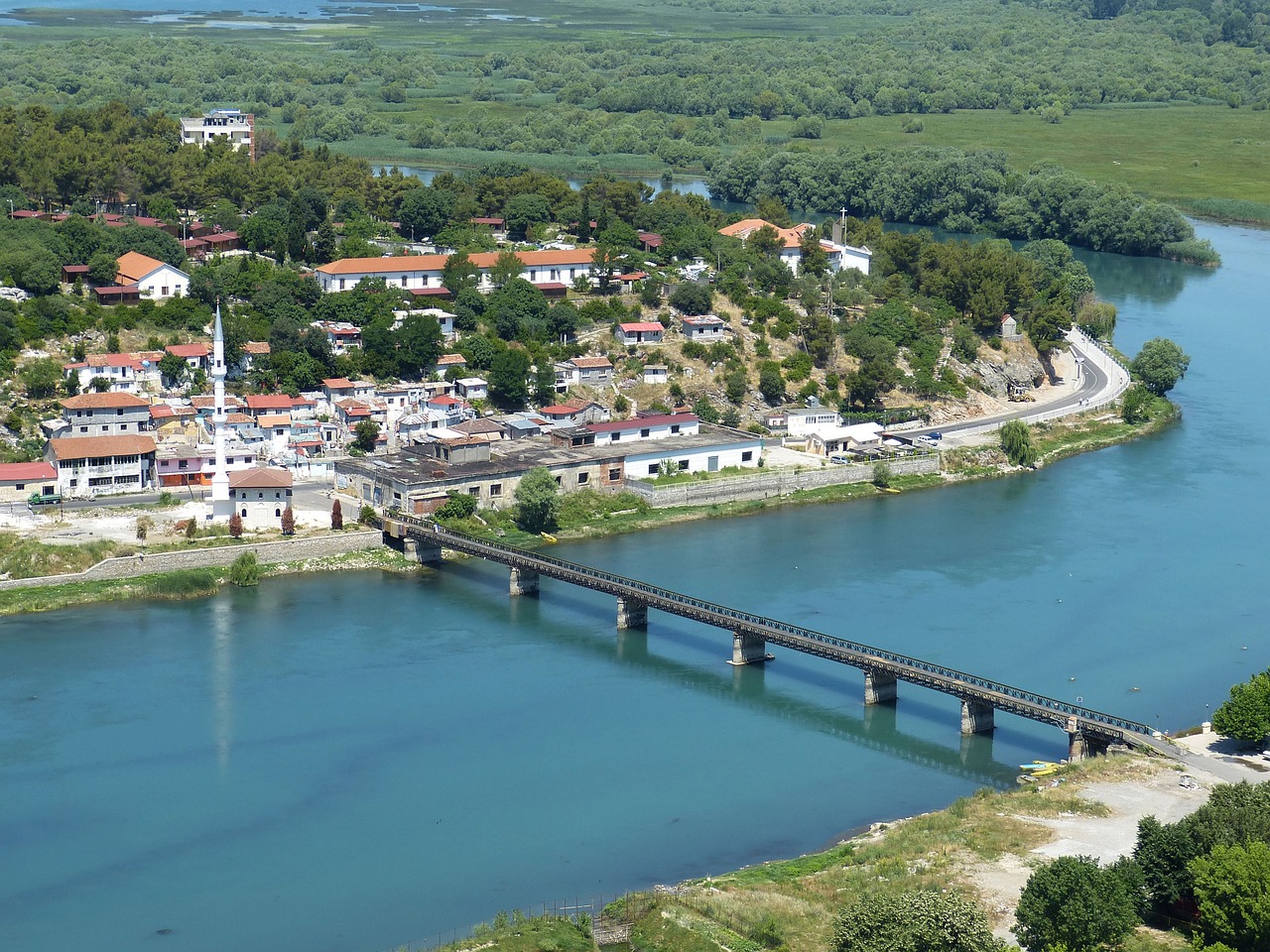Navigating Local Taxes and Business Regulations in Albania
Albania, a country located in Southeastern Europe, offers a unique business environment with its own set of local taxes and regulations. Understanding and navigating these requirements is crucial for entrepreneurs and businesses operating in Albania. This article provides a comprehensive guide to help you navigate local taxes and business regulations in Albania, ensuring compliance and successful operations.
Overview of Business Taxes
When starting a business in Albania, it is important to be aware of the various taxes that may apply to your operations. The following is an overview of the key business taxes:
- Corporate Income Tax: Corporations in Albania are subject to a flat corporate income tax rate of 15% on their profits.
- Value Added Tax (VAT): VAT is imposed on the supply of goods and services in Albania. The standard VAT rate is 20%, with reduced rates of 6% and 0% applicable to specific goods and services.
- Personal Income Tax: Individuals in Albania are subject to a progressive personal income tax rate ranging from 0% to 23% depending on their income level.
- Property Tax: Property tax is levied on real estate properties in Albania. The tax rate varies depending on the location and type of property.
- Social Security Contributions: Employers and employees are required to contribute to social security funds based on the employee’s salary.
- Customs Duties: Importing goods into Albania may require the payment of customs duties based on the type and value of the goods.
Registering a Business
Before starting operations in Albania, businesses must go through the registration process. Here are the key steps to register a business:
- Choose a Business Name: Select a unique and appropriate name for your business.
- Prepare Required Documents: Gather the necessary documents, including identification documents, proof of address, and any relevant licenses or permits.
- Submit Application: Submit the completed application form and required documents to the National Registration Center.
- Pay Registration Fees: Pay the applicable registration fees, which vary depending on the type and size of the business.
- Obtain Registration Certificate: Once the application is processed and approved, you will receive a registration certificate.
Employment Regulations
When hiring employees in Albania, it is important to comply with the country’s employment regulations. Here are some key points to consider:
- Employment Contracts: Employment contracts should be in writing and include essential terms and conditions, such as the duration of employment, working hours, and compensation.
- Minimum Wage: Albania has a minimum wage requirement, which is subject to periodic adjustments by the government.
- Working Hours: The standard working week in Albania is 40 hours, with overtime compensation for additional hours.
- Annual Leave: Employees are entitled to paid annual leave, which is typically calculated based on the length of service.
- Termination of Employment: Termination of employment must be carried out in accordance with the procedures outlined in the Labor Code.
Local Business Regulations
In addition to taxes and employment regulations, businesses in Albania must comply with various local regulations. Here are some important considerations:
- Licensing and Permits: Depending on the nature of your business, you may need to obtain specific licenses and permits from relevant authorities.
- Health and Safety: Businesses are required to comply with health and safety regulations to ensure a safe working environment for employees and customers.
- Data Protection: Protecting personal data is essential. Familiarize yourself with the local data protection laws and implement appropriate measures.
- Environmental Regulations: Businesses must comply with environmental regulations to minimize their impact on the environment.
Image 1: Albania

Tax Incentives and Exemptions
Albania offers various tax incentives and exemptions to promote investment and economic growth. Here are some notable incentives:
- Investment Incentives: Foreign investors may benefit from incentives such as tax holidays, reduced corporate income tax rates, and exemptions from customs duties.
- Special Economic Zones (SEZs): SEZs provide additional incentives, including tax exemptions and simplified administrative procedures, to attract investment in designated areas.
- Research and Development (R&D) Incentives: Businesses engaged in R&D activities may qualify for tax credits and deductions.
Image 2: Albania

Intellectual Property Protection
Protecting intellectual property is crucial for businesses operating in Albania. Here are some key points related to intellectual property protection:
- Trademarks: Registering trademarks provides legal protection against unauthorized use of your brand.
- Patents: Patents protect inventions and grant exclusive rights to the inventor for a limited period.
- Copyrights: Copyright protection applies to original creative works, such as literary, artistic, and musical creations.
Business Support Organizations
Albania has various organizations that provide support and resources to businesses. Here are some notable organizations:
- Albanian Investment Development Agency (AIDA): AIDA offers investment promotion services, information on investment opportunities, and assistance with business establishment.
- Chamber of Commerce and Industry: The Chamber of Commerce and Industry provides support to businesses, including networking opportunities, training programs, and market information.
- Business Support Centers: Local business support centers offer guidance, mentoring, and access to funding opportunities for entrepreneurs and small businesses.
Image 3: Albania

Conclusion
Navigating local taxes and business regulations in Albania is essential for successful operations. Understanding the various taxes, registration processes, employment regulations, and local business requirements will help you establish and run your business in compliance with Albanian laws. Remember to consult with local experts or professional advisors for specific guidance tailored to your business’s needs.
References
- Ministry of Finance and Economy: financa.gov.al
- National Registration Center: nrc.gov.al
- Albanian Investment Development Agency (AIDA): invest-in-albania.org
- Chamber of Commerce and Industry: cci.al


